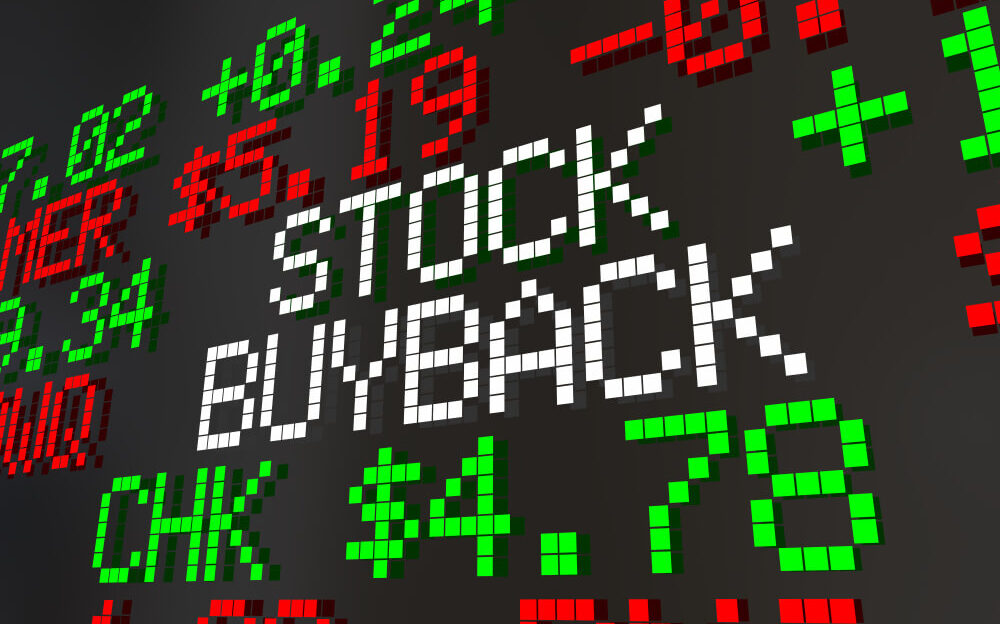U.S. corporations spent a record amount buying back their own shares last year, using 2017’s tax-cut windfall to reward shareholders rather than to invest or expand their businesses.
Companies in the S&P 500 spent $806 billion on stock buybacks in 2018, blowing away the previous record of nearly $590 billion set in 2007. The information technology and financial service sectors were the biggest spenders, with Apple leading the pack. When share prices plunged in the fourth quarter it only encouraged companies to spend more, setting a fourth consecutive quarterly record for buybacks.
Companies can return profits to shareholders either via dividends or buybacks. Buying back shares has the advantage of reducing the number of shares outstanding, which often gives a boost to closely watched financial metrics such as earnings per share.
“Buybacks were again favored over dividends in both the rate of growth and aggregate dollars spent,” said Howard Silverblatt, senior index analyst at S&P Dow Jones Indices.
2017’s tax overhaul was trumpeted as a way to give companies more cash to invest to grow their businesses. But its timing coincided with signs that the global economy had begun to slow, an incentive for companies to instead give the cash back to investors.
The practice has come under scrutiny by members of Congress, who criticized companies for using their extra tax benefits to boost the value of their own shares instead of investing in outside growth or their workers.
In the short term, the buybacks won’t make much of a difference for the broader market, said Scott Wren, senior global equity strategist at Wells Fargo Investment Institute. But, it will help companies deal with a broadly uncertain market.
“They want to keep the ball moving down the field and if they feel like there are headwinds organically, they’ll do a bit financial engineering,” said Wren said. “Companies have done a good job over this long cycle playing the hand they’re dealt,” he said. “Buybacks are part of that.”
© The Associated Press. All rights reserved.
